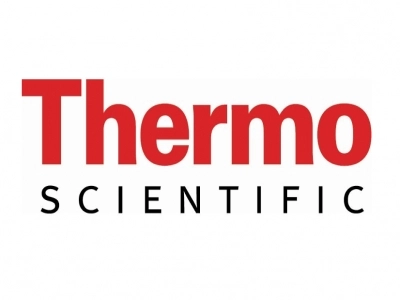Oligonucleotides (primers) are short DNA / RNA chains that can be produced in vitro by chemical synthesis. Oligonucleotides are also used to identify mutations in DNA and to determine the base sequences in the DNA chain, especially in molecular genetic studies, PCR method.
Cost-effective and high-yield synthesized primers are subjected to quality control testing. The oligonucleotide synthesis process is based on tetrazole catalysis with phosphoramidite monomers.
Desalting/Standard Purification (Desalting)
Produced primers are routinely purified by desalination. The desalination process is used to clean the salts formed during synthesis. This method does not remove short oligos such as (n-1), (n-2) from the product. This method may be preferred for oligos up to 35 bases and PCR applications. As the length of the sequence increases, the percentage of short products in the resulting product increases, so OPC/HPLC purification is recommended for oligos longer than 35 bases.
Cartridge-based purification (OPC)
Oligos purified by the OPC method do not have short sequences. OPC purification method is recommended for methods such as sequencing, SNP analysis and gene synthesis where the presence of short sequences in the used oligo is not desired. OPC purification can be performed for oligonucleotides up to 60 bases in length. HPLC purification is recommended for your oligos over 60 bases.
HPLC
In the HPLC method, oligonucleotides are separated according to the differences in their chemical structures (such as the number of bases, the presence of modified chemical groups/dye conjugation) during the passage through the C18 column. With this method, all short sequences are removed to obtain the oligonucleotides with the highest purity. HPLC purification is recommended for applications requiring high accuracy in oligo sequences, such as cloning. In addition, HPLC purification is also required for oligonucleotides that have groups other than routine DNA bases in their sequence, such as modified oligo, oligo with inosine, and hydrolysis probes.
Storage Conditions
The synthesized primers are delivered lyophilized (dried). Before the drying process, the OD and A260 values are calculated and the required amount of TE or H2O to be added to produce the stock solution is determined and this information is submitted with the product as a production report. The HPLC report containing the purity analysis of the products is also delivered together with the HPLC purified products.
Since the products are sent in lyophilized form, they are not adversely affected by temperature differences during shipping. You should store the products you receive in undissolved form at +4ºC/-20ºC for a longer shelf life. Dissolved primers should be stored at -20 °C in small portions. For long-term storage, it is recommended to thaw with TE Buffer and avoid freeze-thaw cycles.
Routinely synthesized primer scale;
- 50 nmol (up to 100 bp length)
- 100 nmol (up to 100 bp length)
- 200 nmol (up to 100 bp in length).
- Depending on your request, primary synthesis is carried out with different purification techniques.



